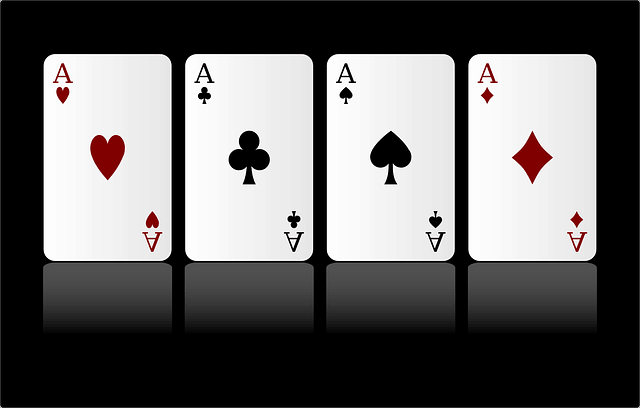Do you have a problem with gambling?
If your answer is yes to any of the following questions, you may have.
- Do you sometimes bet more than you can afford to
lose? - Has your gambling caused financial problems for
you or your household? - Has your gambling ever caused you health
problems including stress and anxiety? - Have you ever gambled to win back money lost?
- Have you ever gambled with larger amounts of
money to achieve the same levels of excitement? - Have you ever borrowed or sold anything to
gamble? - Has anyone ever criticised your gambling or
suggested you might have a problem even if you thought it was not true? - Have you ever thought you might have a problem
with gambling? - Have you ever felt guilty about your gambling or
the effects of gambling?
If you or someone you love has a problem, you are not alone.
Many people have this problem as it develops from what starts out as a fun and harmless activity. Problems can develop from many different types of gambling such as betting on sports, poker, roulette, scratch cards or playing slot machines. People can get hooked on online gambling, or going into the bookmakers, or just going to the local newsagents for scratchcards. So what starts out as harmless fun can lead to strained relationships, problems at work and financial ruin. Some gamblers even resort to theft to feed and cover up their habit. Ultimately it can lead to depression and even suicide.
Gambling addicts cannot control their impulse to gamble
Gambling addicts cannot control their impulse to gamble even though they know it has bad consequences for the people they love. They will gamble when they are happy, they will gamble when they are sad; they will gamble when they have funds and when they do not. They know that the consequences will be bad but cannot help themselves. They do not necessarily have to gamble every day but when they do it causes problems – even if they have the funds, the time taken up with their obsession can cause relationship problems and family issues.
As with other addictions, it can affect anyone – of any age, race, colour or creed.
It affects both men and women. Intelligent, well educated people can become addicts as can those with fewer or no qualifications. Successful strong willed people are as likely as anyone else to develop problems.
It is important to realise that no one else is responsible for the gambling addiction other than the addict themselves. If you are in a relationship with a gambling addict, it is not your fault – even if they tell you that you are the one who has driven them to gamble as they do. Blaming others is a way of avoiding taking responsibility for their own behaviour. It is also important not to keep bailing a gambler out – as long as this continues they are likely to continue with their gambling habit.
Initially there are not necessarily going to be obvious signs that someone has a gambling problem.
It is not like alcohol or drug addiction when you can see someone is ‘out of it’. However, you will almost certainly be aware of the secrecy and lies and may become aware of missing sums of money that cannot be accounted for.
If you know someone who has a gambling addiction or if you have one yourself, help is available. There are free support groups such as Gamblers Anonymous. Addiction treatment centres such as The Haynes Clinic can offer a treatment programme leading to lifelong recovery from the addiction.
Please call 01462 851414 for free confidential advice.

